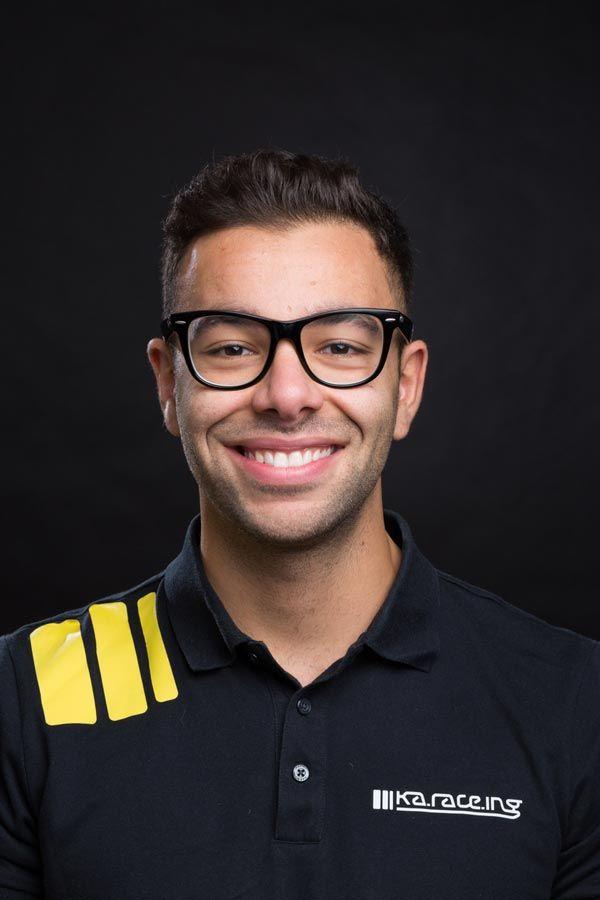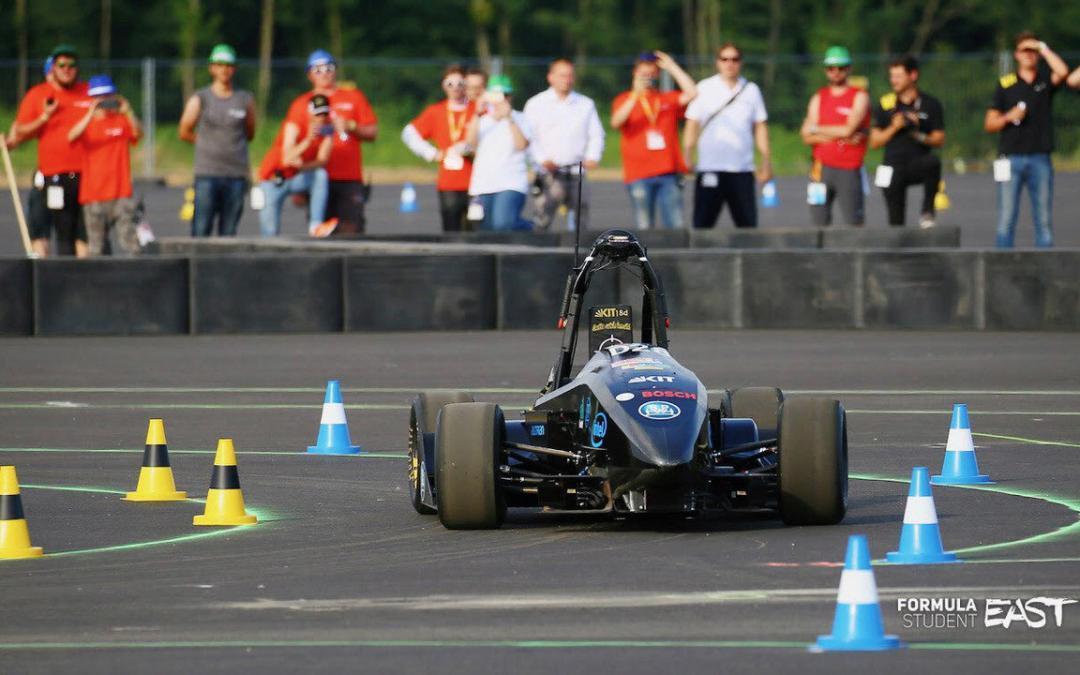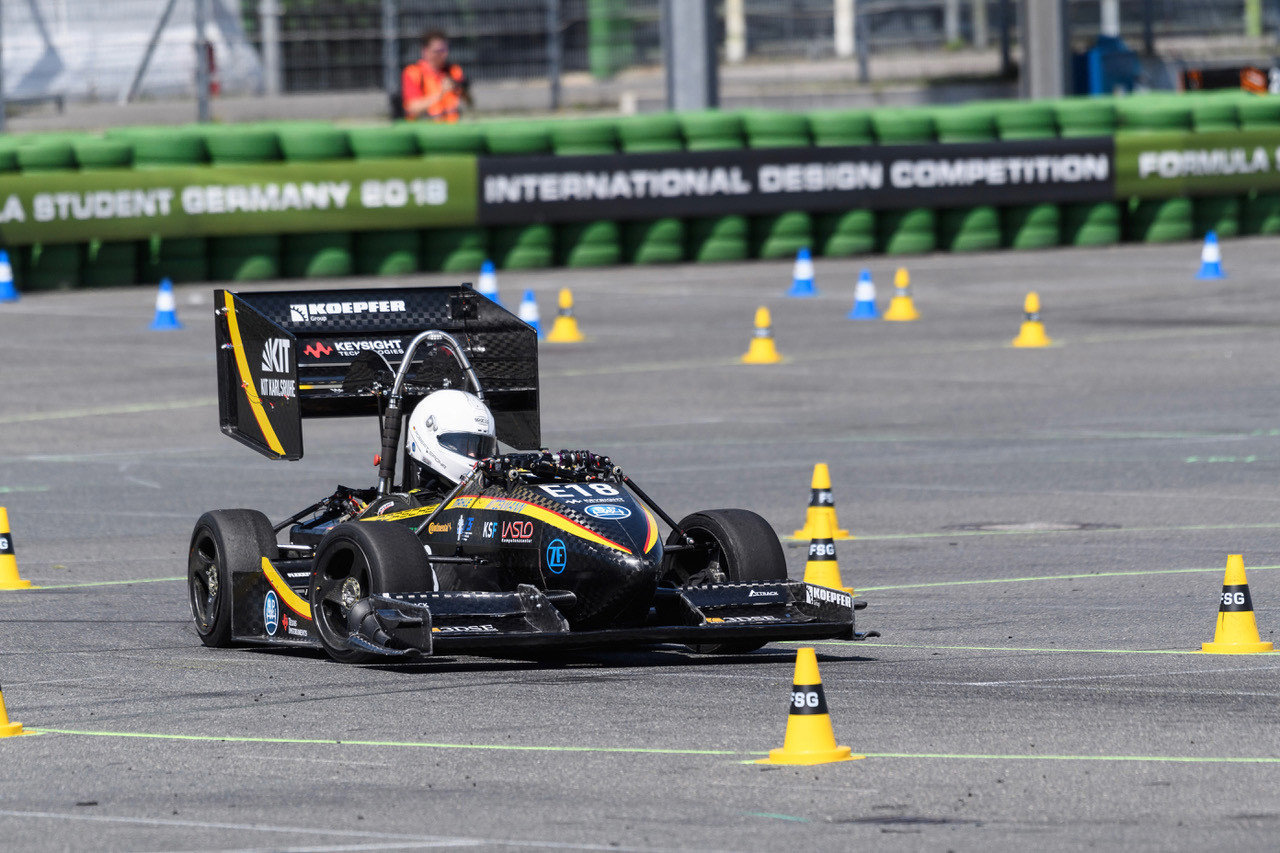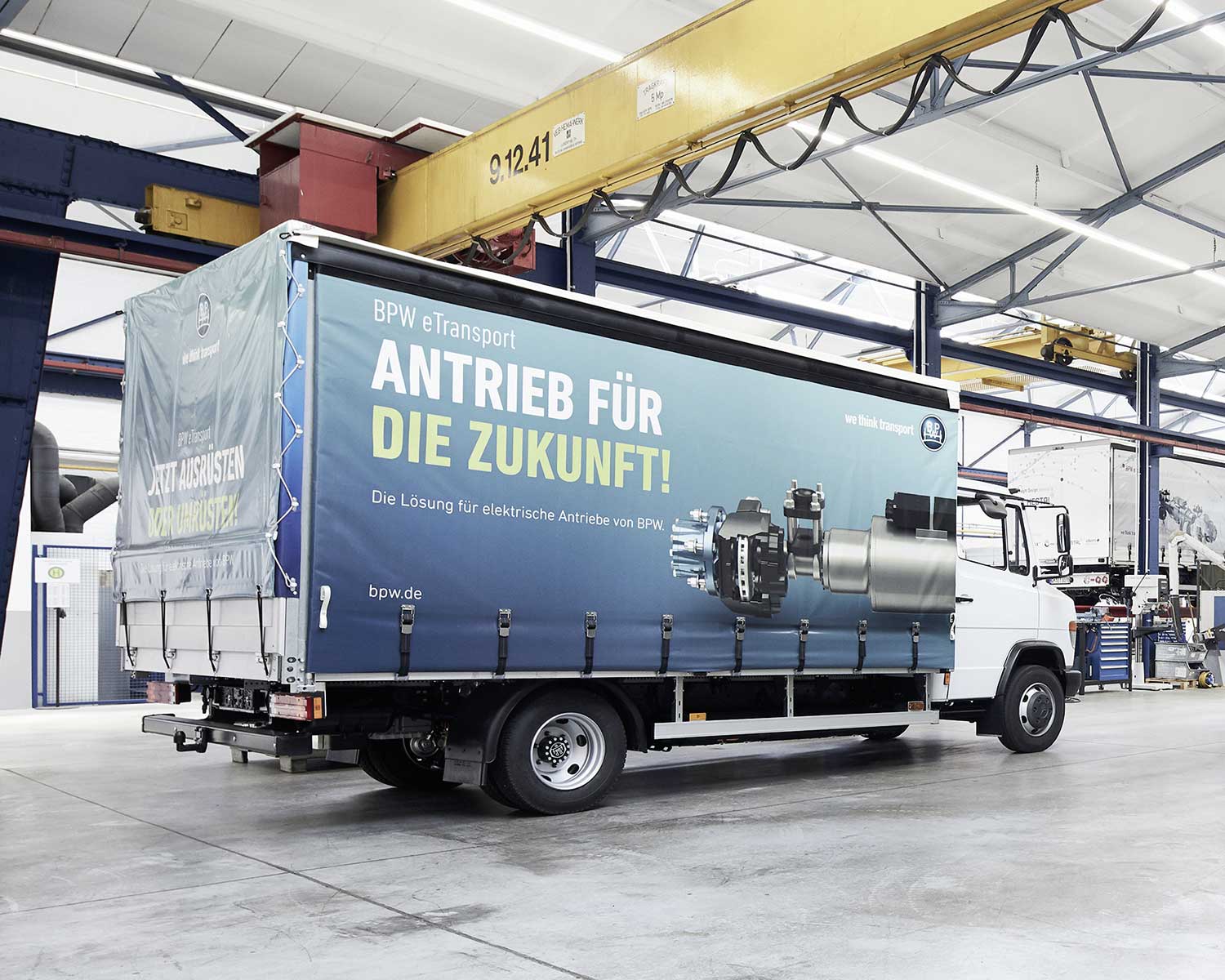Text: Petra Wurm
Photos: KA-RaceIng
Constructing your own racing car and putting it to the test in an international competition? Now that’s exciting stuff. In Karlsruhe, this dream is being lived by students who have joined KA-RaceIng, an association affiliated with the Karlsruhe Institute of Technology (KIT).
Electric vehicles from KA-RaceIng set for success
The electric car can really shine here: ‘The turbocharged combustion engine of the KIT18c takes it from 0 to 100 kilometres per hour in a mere 4 seconds – while its sibling, the KIT18e powered by four electric motors, manages the same in just 2.5 seconds,’ explains Sherif Nekkah. The 23-year-old mechatronics and IT student was responsible for the high-voltage battery of the electric vehicle for KA-RaceIng in 2018. He is now the team leader for autonomous driving and is working on the software for the driverless electric racing car. The car achieved considerable success in 2018: the design was the overall winner at the FS East Driverless event in Hungary and came in second in the Heimrennen at the Hockenheimring in Germany.
To achieve such success, the overall package has to be just right. As well as proving that their vehicles are fast, safe and nimble on the track, the students must submit the cars for critical examination by experts. The competition consists of two disciplines: the dynamic part of driving and the static part. The final result takes into account design, acceleration and endurance, but the jury also assesses the extent to which teams keep an eye on costs as well as the viability of their business plans for series production.
Teamwork is the key to success
The KA-RaceIng team has 80 members – mainly mechanical engineering students but also undergraduates from other disciplines such as electrical engineering, computer science, industrial engineering, business management and physics. The team comprises a number of sub-teams, each focusing on a specific area – for example, the running gear or the engine. Each team member is responsible for a specific task or component. The team not only develops the complete chassis but also works with the university and partners in industry to develop the engine or motors and the power electronics. ‘We are not just doing this to optimise costs,’ says Sherif Nekkah. ‘If we develop the parts for our highly complex vehicles ourselves, we can tailor them perfectly to our car and so save a lot of weight too.’ Thanks to their many supporters, the students are able to use a fully equipped workshop and high-quality materials.
KA-RaceIng and BPW: cooperating and benefiting
The team also collaborates on technology with partners such as BPW. Team members and representatives from BPW share their knowledge at regular meetings, and the students have the opportunity to ask all of their questions. BPW also benefits from this cooperation, especially in the field of electromobility – which is also an important topic for the commercial vehicle sector. BPW is working intensively on this in many projects and has developed innovations such as the eTransport electric drive axle. Beyond the collaboration with KA-RaceIng, there is also active contact between BPW and KIT. In the growing electric mobility sector, KIT students have the chance to set themselves apart with work placements and even to take up employment at BPW straight after their studies.
KA-RaceIng builds electric racing cars – and character
»I really recommend getting involved to any students who want to do something practical. It is a great opportunity and a valuable experience.«
Sherif Nekkah

»I really recommend getting involved to any students who want to do something practical. It is a great opportunity and a valuable experience.«
Sherif Nekkah
A bonus on your CV
KIT is a joint venture of the Karlsruhe Research Centre and the University of Karlsruhe. The students’ involvement in the project does not count towards their studies – it is a hobby that they do alongside their university work. However, the association has strong support from the university, and the competition is well known in the industry; thus, participation provides a little extra bonus on a CV. It can compensate for the occasional lack of practical relevance offered by university education, as the students put their knowledge into practice and so build skills.








